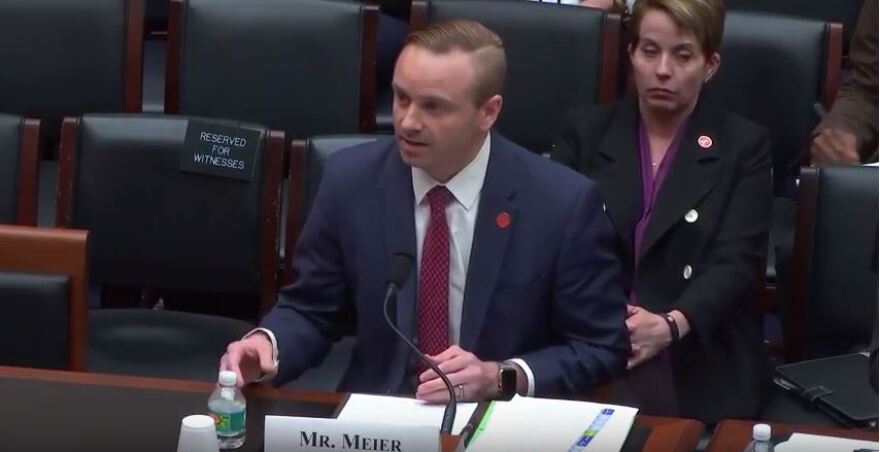Kentucky's top health official says the state is moving forward with changes to its Medicaid program, including a requirement that some enrollees work, attend school or volunteer to keep coverage. The Trump administration again approved the state's new eligibility rules last week.
In 2016, Kentucky officials estimated that around 95,000 people would lose coverage because of the changes. Arkansas recently implemented similar requirements and last week, officials there said around 12,000 Medicaid enrollees lost their coverage for failing to comply with the program's new work requirement.
Cabinet for Health and Family Services Secretary Adam Meier on Tuesday cautioned comparing Arkansas’ experience to what might happen in Kentucky.
“We’re in a little different situation than Arkansas. We’ve been planning in Kentucky for several years now how to operationalize this,” Meier said. “And we’ve built an ecosystem from all the health and human services programs, the employment and training programs, partnering with them so that we can have a more efficient administration of these services.”
Meier also said it's not yet exactly clear why Arkansas Medicaid recipients lost their coverage.
“We don’t know what happened to the folks in Arkansas yet,” Meier said. “Often you see that they don’t report [work hours], but if you follow the data, six months to a year down the road, they found employment. I think it’s important to hold our collective analysis until we have that final data.”
Arkansas implemented its work requirement in June. It applies to designated ‘able-bodied’ adults between ages 30 and 59. People who don’t comply are automatically removed from Medicaid but later have a chance to gain back their coverage, according to the Arkansas Nonprofit News Network.
Kentucky’s changes are similar to Arkansas’ rules. People who are enrolled because they make under $12,060 a year for a one-person family, but are not disabled will have to work, volunteer, enroll in school or be in job training for at least 80 hours a month. Enrollees who will be exempt from this include full-time students, former foster care youth, pregnant women, people with an acute medical condition and primary caregivers. People working 120 hours a month are also exempt.
Meier said for those enrollees who don't have easy access to the internet, they’ll be able to mail self-reported hours to the Cabinet for Health and Family Services.
Kentucky’s changes are scheduled to take effect in April, but could likely face litigation.







